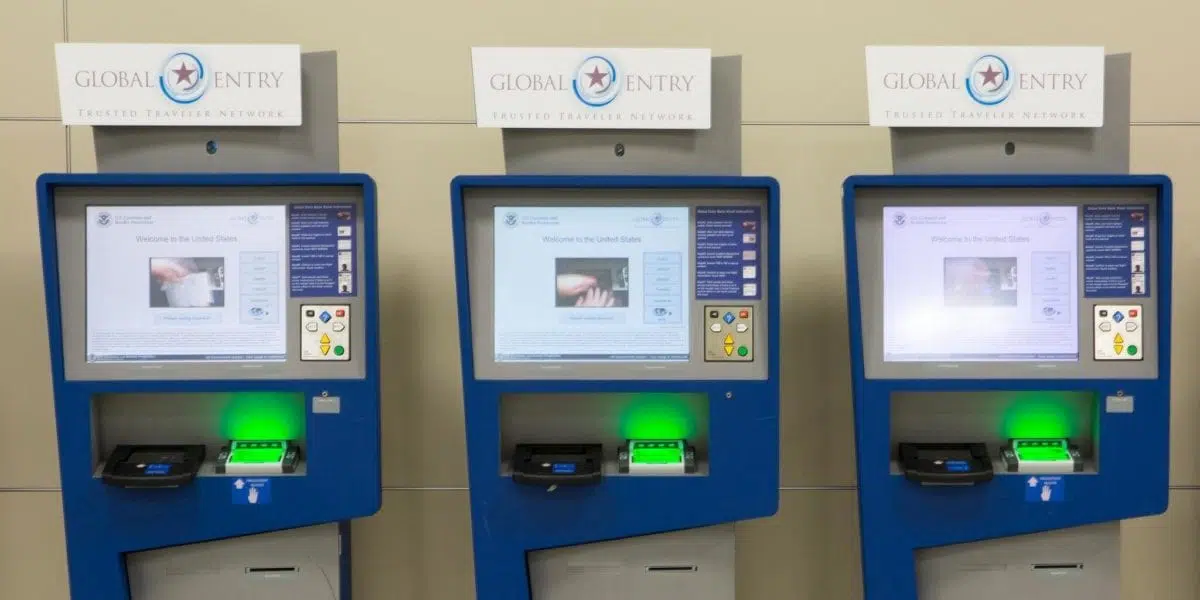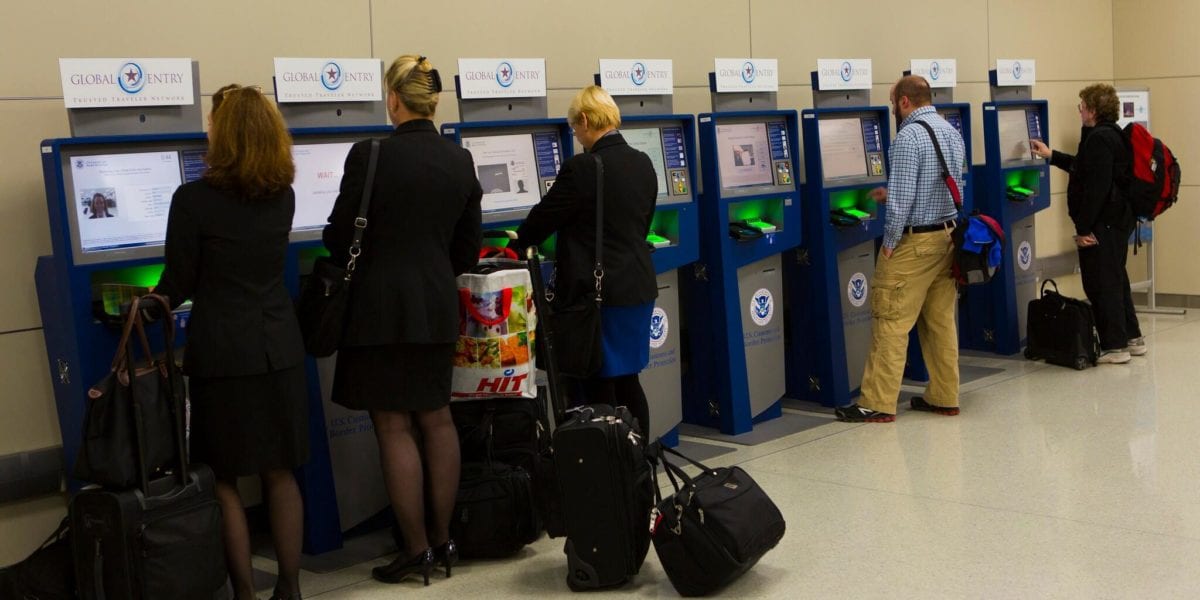The cost to enroll in Global Entry – the trusted traveler program that helps you speed through immigration and customs upon arrival to the U.S. – is set to increase for the first time in 15 years. Yet parents will no longer have to pay for their children to get Global Entry.
Beginning Oct. 1, 2024, a five-year membership in Global Entry will increase from $100 to $120, according to a news release from U.S. Customs and Border Protection (CBP) on Tuesday. It's a 20% hike and the first fee increase since the program launched in 2008.
But it's not all bad news: As of Oct. 1, children under 18 will be able to use Global Entry free if their parent or guardian has Global Entry, the release said. That's a big, positive change – previously, you needed to enroll each child in the program individually and pay the membership fee, even for newborns. And it still cost $100 for a five-year membership.
However, a CBP spokesperson confirmed that minors will still have to apply and be approved separately for Global Entry in order to do so. So long as their parent or guardian is already part of Global Entry (or applies at the same time), the fee will be waived.
Global Entry is a must-have for international travelers, as it gets you in a faster, designated lane to clear customs and immigration. And it comes with TSA PreCheck benefits to speed through airport security in the U.S., too.
Federal regulators first moved to increase Global Entry fees way back in 2020, but that proposed price hike was held up in the federal rulemaking process. The change was finally approved on Tuesday and is set to take effect Oct. 1.
There's still time to get (or renew) Global Entry before the price goes up this fall. And since Global Entry allows existing members to renew a full year before their account expires, anyone whose Global Entry expires before Oct. 1, 2025 should be able to renew for another five-year stint at the current, lower rate.
Read next: No Appointments? How to Get a Global Entry Appointment Faster

Two other CBP trusted traveler programs will see similar fee increases. SENTRI, which allows expedited clearance for pre-approved, low-risk travelers entering the United States using dedicated primary lanes at the checkpoints along the southern border, will soon cost a flat $120. Meanwhile, NEXUS, a joint program managed by CBP and its Canadian counterpart that's essentially the Canadian version of Global Entry, will increase from $50 to $120.
Parents or guardians enrolled in either program will be able to pass down those membership benefits to their children for free, too.
What About Credit Cards that Cover Global Entry Membership Fees?
With Global Entry costs increasing, that brings up a massive question: Will top travel rewards credit cards still cover the full cost?
A growing number of top travel credit cards come with a credit of up to $100 to cover the cost of either Global Entry or TSA PreCheck enrollment. You can typically use these credits once every four (or five) years, covering the entire cost of signing up for Global Entry.
That includes top-dollar cards like *amex platinum* and *chase sapphire reserve* but also entry-level credit cards like the *capital one venture card* or the *united explorer*.

But with Global Entry increasing to $120, will these credit cards cover that full amount? Or will they leave you to pay the remaining $20? Thrifty Traveler has reached out to representatives from Chase, American Express, and Capital One for comment about what they plan to do with those credits.
In the meantime, using one of these credit cards before the price increases will cover the entire cost of your application.
Related reading: Cheap Credit Cards That Get You Free TSA PreCheck & Global Entry
Bottom Line
The cost of a five-year membership in Global Entry is set to increase for the first time ever this fall, jumping from its current $100 price tag to $120 as of Oct. 1.
But along with that higher fee comes some welcome news for traveling families: Parents and guardians will now be able to pass on their Global Entry benefits to children for free. Exactly how that will work, though, remains unclear.



